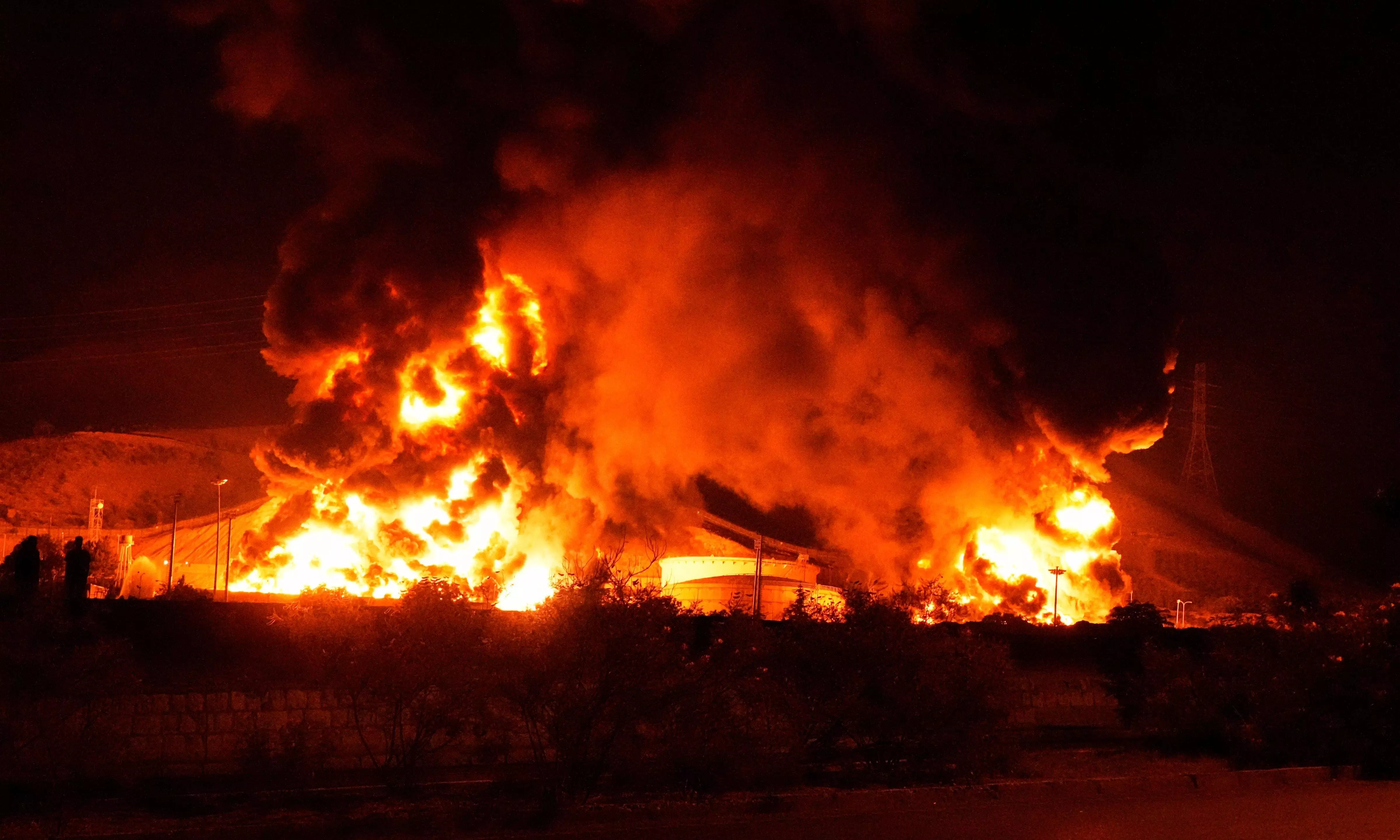AA Edit | As Iran-Israel War Rages, Cost Will Be Huge for All
India braces for impact as war threatens oil routes and raises prices

The war is on, and as deadly strikes and counter-strikes by Israel and Iran continue to pour missiles and drones at each other, all talk is belligerent. The US, which came into action in an avowedly one-off bombing operation, may have succeeded in slowing down Iran’s enrichment of nuclear fuel to weapons grade, but the story is far from over,r as hardened Iranian political will drive a rebuilding of enrichment facilities.
A great deal of enriched fuel may have been safeguarded before the strike on three nuclear sites, and Iran’s technical know-how is advanced enough to make the nukes that comprised the principal reason why US stealth bombers flew 18 hours from Missouri to the target in Fordow and back. Militarily, the US action may have achieved its objective, but what has been blown up along with facilities was a political solution in a country with nuclear weapon ambitions.
It may be said that all’s fair in love and war, but some Pakistani elements may be taking this too far in faking news about Indian airspace having been used by the US in bombing Iran.
This will seem risible for anyone who owns an atlas and can chart a flight course from the US to Iran. But a country that just proposed Donald Trump for the Nobel Peace prize must be considered too obtuse to understand the difference between behaviour and thought, fact and fiction, delusion and reality.
There is no such thing as a standalone war anymore in an interconnected world and the repercussions for the global economy are going to be serious considering how the oil prices are already on the boil and may be headed upwards to record levels if Iran is able to carry out its threat of mining the Strait of Hormuz through which 20 per cent of global supply of oil and gas moves.
India, an interlocutor for peace through dialogue and diplomacy as symbolised by Prime Minister Narendra Modi’s phone call to Iran’s President Masoud Pezeshkian, will be one of the nations most affected if it cannot rework its oil supply and logistics quickly, as about $100 billion of imports from Iraq, Saudi Arabia and UAE last year came through the Strait of Hormuz. As a nation with a near 90 per cent dependence on oil imports, India must worry the most about rising prices.
India is ramping up oil imports from Russia and the US to beat the logistical challenges that may crop up with oil from the Middle East. And yet everything will come with added cost. The airlines will be operating under severely changed conditions with air routes subject to deviations to avoid the war zone.
Indians will not be the only ones facing such hardships but what will become apparent is the cost of war to the global population that leaders don’t seem to factor in when they decide to let loose the dogs of war. The fact that inflation became a global concern soon after Russia invaded Ukraine is a pointer enough to how the world will suffer from the actions of warmongers.
Operation Sindhu has been helping a few thousand Indians who were resident in Israel, Iran and neighbouring countries like Jordan to get back home on chartered flights owing to fear of living in a war zone. And apart from those who might have considered themselves as too close to the heat of the war action, there are millions whose lives and livelihoods lie in the Middle East. The fear of the war spilling over into a wider regional war may have rendered, very nervous about their future.
